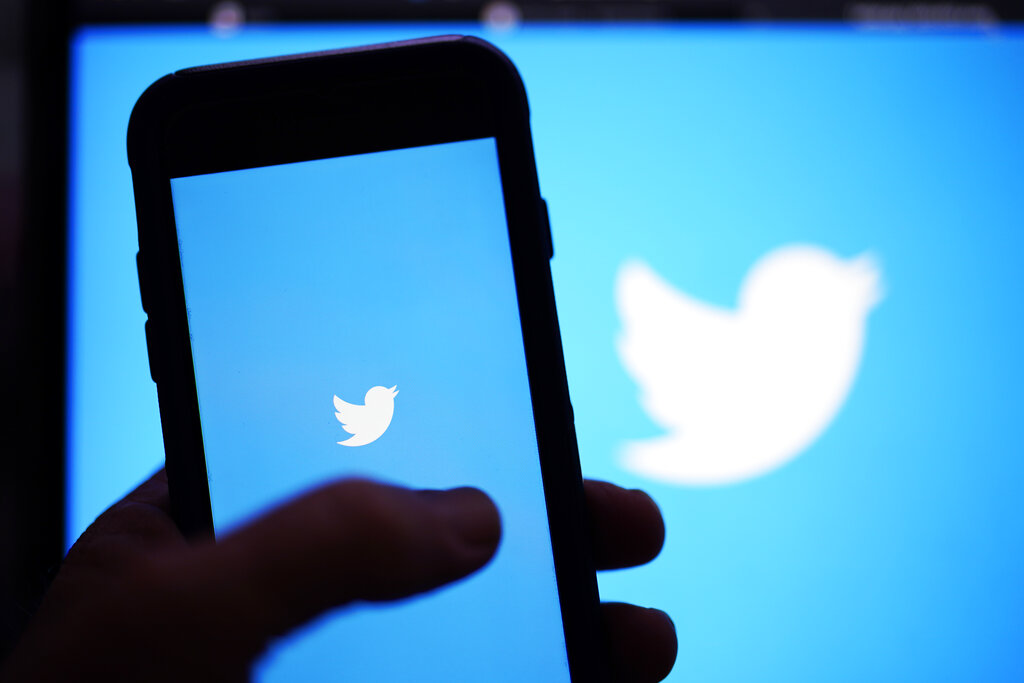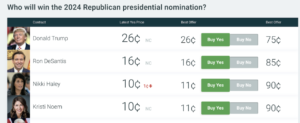
On Monday, April 25, 2022, the executive board of Twitter agreed to sell its company to Billionaire Elon Musk for $54.20 a share for a total cost of roughly $44 Billion. The deal has been highly controversial as the platform, which many, including Musk argue is an outlet for free speech, hangs in the balance.
Twitter has had no shortage of controversy before the acquisition. The two most recent controversial decisions both surrounded the 2020 election: the censorship of the NY Post’s Hunter Biden article several days before the election, and the removal of former President Donald Trump himself after his supporters violently protested the election results.
In general, American conservatives are more supportive of the deal as they believe that Musk will allow more free discourse on the platform. They believe that Musk will bring Trump back to Twitter, despite Fox News reporting that Trump himself does not want to return. Ted Cruz baselessly called the acquisition the “Biggest development for free speech in decades.” Some liberals, especially elite media figures on CNN and MSNBC, are ferociously critical of the deal, as they are generally supportive of Trump’s removal from the platform. MSNBC’s Joy Reid outrageously suggested that Elon purchased Twitter because he “misses the old South Africa in the 80s,” citing the unproven potential rise in racist comments on the platform. Both Cruz and Reid, and their respective political factions, need to settle down and wait to see what Elon Musk does.
The best regulatory strategy for Twitter would be to simply apply America’s first amendment to the platform. This would permit all political discourse and information, as long as no laws are broken. Thus, no direct threats of violence, child porn, libel, etc. would be allowed. This would likely allow Trump back on Twitter, but give Twitter the right to remove specific tweets that incite violence such as his tweets inciting the capitol riot. This would be a win/win situation for everyone. Whether or not Trump changes his mind and returns to Twitter, conservatives can no longer complain about censorship. Liberals can be comforted that any instigations of violence from Trump’s account will be censored. It appears at first glance that Musk may have a similar view.
So far, Elon Musk has said many of the right things to suggest that he takes his new managerial position of the de facto town square seriously.
On April 25, Musk tweeted “I hope that even my worst critics remain on Twitter, because that is what free speech means.” On April 26, Musk tweeted “By ‘free speech’, I simply mean that which matches the law.” At least in principle, this suggests he understands the importance of maintaining basic regulation. If Musk follows through with such sentiments, the fears of many that Twitter will become a wild west of violent threats and libelous misinformation can be buried. On April 27, Musk tweeted “For Twitter to deserve public trust, it must be politically neutral, which effectively means upsetting the far left and far right equally.” Musk also plans to make twitter algorithms open source to increase transparency. By only looking at his words, Elon Musk’s takeover of Twitter should be accepted by all as a positive change.
Hopefully, Musk will follow through with his rhetoric and provide a more free and trusted digital town square. Ted Cruz, Joy Reid, and others pretending that they know for sure what Musk will do with the platform before he begins to actually make changes are dishonest and overly simplify the critical dialogue surrounding such an acquisition.
The questionable aspects of Musk’s Twitter takeover actually has little to do with Musk himself. One man, with no qualifications in social media development first amendment case law, is now fully in charge of a platform simply because he has the means to purchase it. Even if Musk makes good changes that improve the platform, it’s perhaps disheartening that we are waiting for billionaires to save the day. The precedent is now set that anyone with enough money can purchase a powerful company to directly affect the lives of hundreds of millions of monthly users.
While we are unsure yet of Musk’s exact intentions, it is safe to assume that at this point the acquisition was not nefariously done to push a dangerous agenda forward. The changes brought to Twitter may actually improve the platform and effectively expand free speech. That being said, we don’t know this just yet and it would be irresponsible to definitively state this. What Musk’s takeover of the platform should do is foster a real discussion in society about the power of billionaires, and the unregulated nature of corporate takeovers by a single individual.


